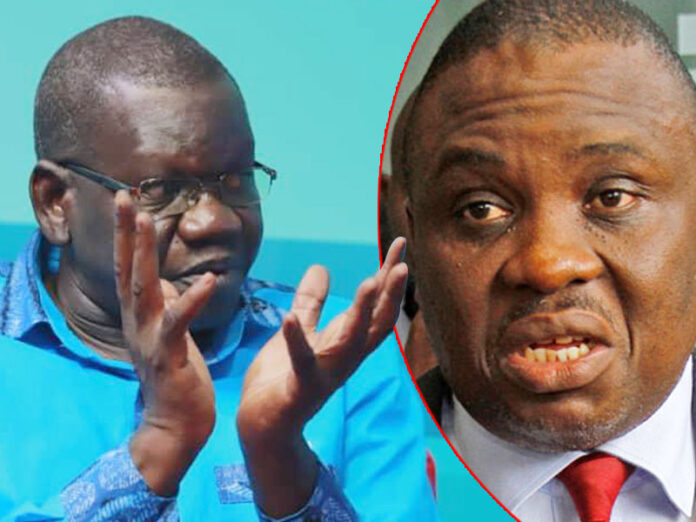
The Forum for Democratic Change (FDC) party has expressed significant concerns regarding the potential adverse effects on the common person and local businesses, following several guidelines set for the Non-Aligned Movement (NAM).
FDC party expressed their dissatisfaction on their social media X on January 15, 2024, citing the summit’s effects on local Ugandans.
“As we observe the preparations, we notice that small businesses along Entebbe Road are being forcibly closed by the regime, purportedly to present a more favorable image to the summit visitors.
“This, unfortunately, has left many of our citizens, already grappling with small enterprises like mobile money and food kiosks, without any alternative means of livelihood,” FDC said.
The party went on to write that the citizens are being forced to invest in house painting and renovation, while those unable to afford these changes are facing the closure of their businesses.
“This is happening at a time when many Ugandans struggle to secure a daily meal, leading to additional costs that only worsen their challenges and diminish their livelihood,” FDC stated.
The FDC noted with concern that the primary beneficiaries of the summits seem to be individuals of substantial wealth, as exemplified by the allocation of Ugx85 billion to Sudhir Ruparelia for the construction of a Conventional Center.
The party also said that it finds it disconcerting that the funds used for hosting these conferences have been borrowed, placing the financial burden squarely on the shoulders of taxpayers.
“On a more unrealistic level, new vehicles are procured very expensively using borrowed money. Remember,as we are speaking, our external debt is over Ugx55 trillion. This means that if Uganda must clear this debt, the country must not finance anything for two years to get Uganda free from debt. But this is a fallacy, and the country will continue to struggle due to such reckless decisions,” FDC noted.
FDC noted that the government should not shut down local businesses but rather encourage Ugandans to stock items that can be sold to summit visitors.
“This approach would not only support local entrepreneurs but also contribute to a more inclusive and mutually beneficial engagement with the international community. It was also noted that the transport fares have gone so high and that road confusion is arising from the impromptu warning and road guidelines released by the Internal Organizing Committee of the summits,” they said.
FDC called for a shift in focus towards inclusive benefits for the broader population, emphasizing collaboration with local businesses rather than imposing additional burdens on the already struggling citizens of Uganda.














